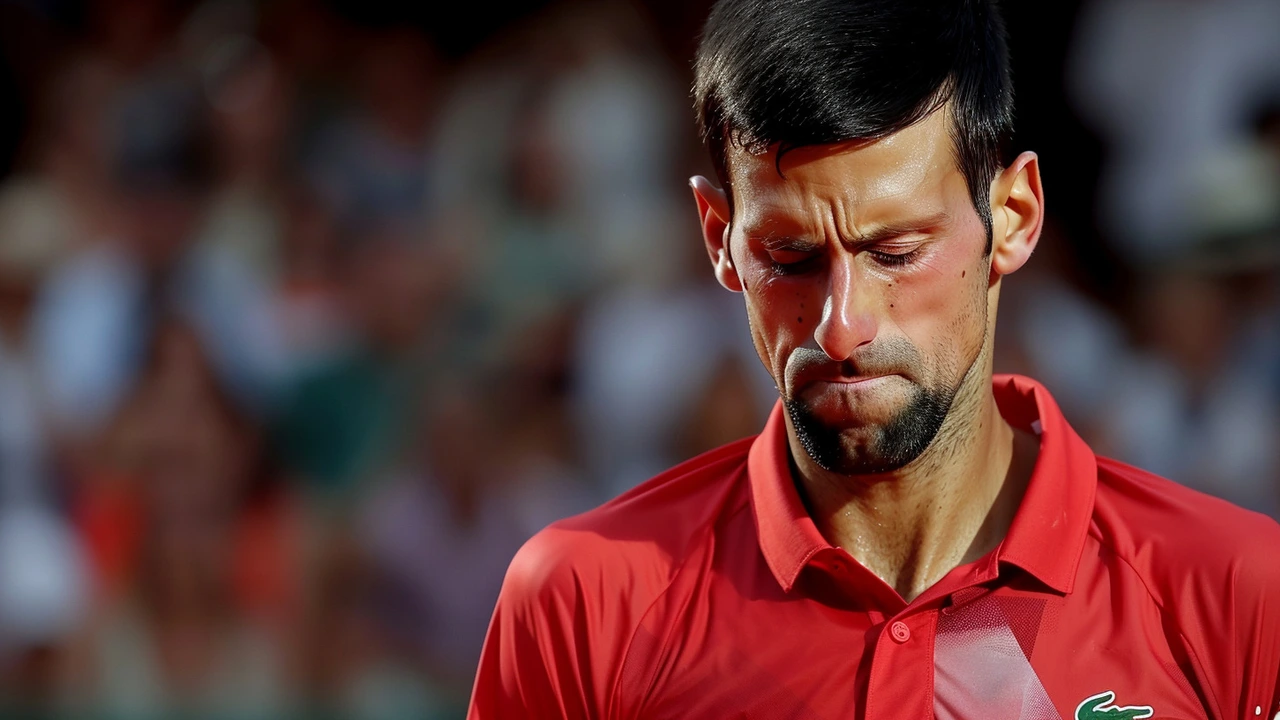Everything You Need to Know About Tennis Umpires
If you watch tennis on TV you’ve probably seen the person in the chair calling scores and making sure players follow the rules. That’s a tennis umpire, and their job is more than just shouting "out". In this guide we break down what they do, why it matters and how you can start a career as an official.
Key Duties of a Tennis Umpire
A tennis umpire has three main jobs: keep score, enforce the rules and manage the flow of the match. The chair umpire sits on a high seat at the side of the court, watches every point and announces the score after each rally. They also call foot‑faults, time‑violations and any misconduct.
Line judges work with the chair umpire to watch specific lines – service box, baseline or sidelines. When they see a ball land out, they raise their hand and signal "out". The chair umpire then confirms the call. If there’s a disagreement, the umpire can use video review (Hawk‑Eye) to check the decision.
Besides calls, umpires handle player behavior. They warn players for shouting, arguing or taking too long between points. A second warning can lead to a point penalty, and repeated offenses may result in a game or match default. Keeping the atmosphere respectful is a big part of their role.
How to Become a Certified Umpire
If you like tennis and want to be on the court instead of in the stands, start by learning the basic rules. The International Tennis Federation (ITF) offers an online rule book that explains every point system and penalty.
The next step is to take a certification course from your national tennis federation. These courses usually include written tests and practical exams where you practice calling points with real players. Most federations require you to start as a line judge at local tournaments before moving up to chair umpire.
Physical fitness matters too. You’ll be standing for hours, sometimes in hot weather, so good stamina helps you stay focused. Many umpires also carry a small whistle, a scorecard and a tablet or phone for electronic scoring.
After you earn your certification, volunteer at club events to gain experience. The more matches you umpire, the better you’ll understand tricky situations like net cords or double‑bounces. Over time you can apply for higher‑level tournaments where the stakes and exposure are bigger.
Being a tennis umpire isn’t glamorous, but it’s essential for fair play. Your calls keep games moving and give players confidence that the match is run properly. Whether you’re aiming to work Grand Slam finals or just want to help out at your local club, the path starts with learning the rules, getting certified and practicing on real courts.

Novak Djokovic's Heated Clash with Umpire Over Time Violation at French Open 2024
Novak Djokovic engages in a heated exchange with the umpire during his third-round match at the 2024 French Open after receiving a time violation. The late-night clash with Lorenzo Musetti underscores the tension between players and officials over strict time regulations in professional tennis.




